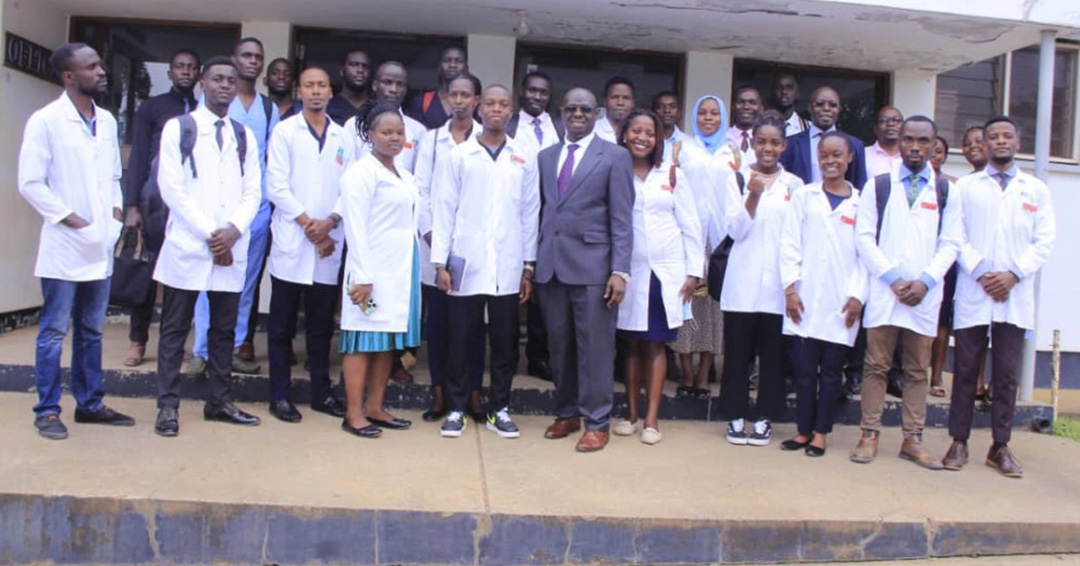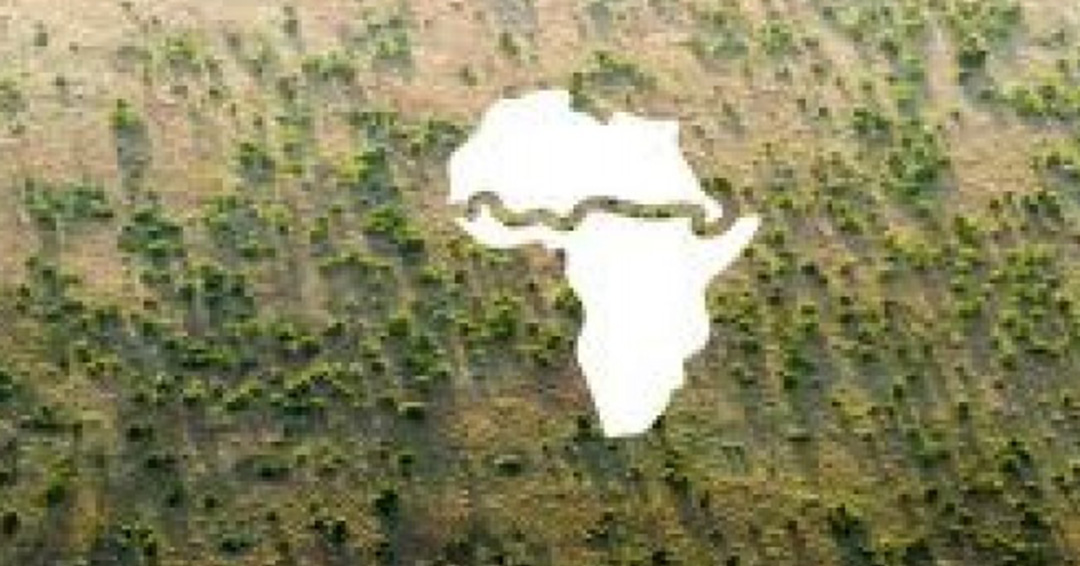
Sep
KIU Teaching Hospital Strengthens Partnership With Kitagata General Hospital
September 5, 2024, 9:40 am
 Administrator
Administrator

By Stephen Wandera
KIU, Main Campus - Desertification is a major problem around the world. In 2018, it was noted that the Sahara desert had increased by about 10% in size over the last century. This expansion was due to a combination of man-made climate change and natural climate cycles.
Despite most of the contributors to the greenhouse gas emissions being from the global north, the people of the Sahel region are paying the price. This is an area that is inhabited by the world's poorest population. These communities are on the front line of the climate crisis dealing with persistent drought, famine, and rapidly depleted natural resources.
It was out of this dilemma that an entirely African led initiative called the Great Green Wall was borne with an aim of planting millions of trees across the whole width of Africa (8000km) at the edge of the Sahara desert. It was to help tackle down the expansion of the Sahara desert.
The website greatgreenwall.org. reports that the project is funded by the African Union and it is evolving into a tapestry of different environmental intervention using a range of ecological tools to construct a belt of greenery across the continent.
The project has received praise from around the world. The Irish president Michael Higgins says, "The Great Green Wall represents the best kind of international cooperation that will be required in this century."
Monique Barbut from the UN convention to combat Desertification, says "The Great Green Wall promises to be a real game-changer providing bright future for the rural youth in Africa and a chance to revitalize whole communities" before adding "It can unite young people around common epic ambition to grow a 21st-century world wonder across Africa."
So far 15% of this project has been achieved, degraded land has been restored which means an increase in food security. Nigeria, Burkina Faso, Ethiopia and Senegal have already embraced this project and have seen a gain in it.
Kampala International University,
Box 20000, Ggaba Road, Kansanga, Kampala
+256-760 502660
+256-700 100808